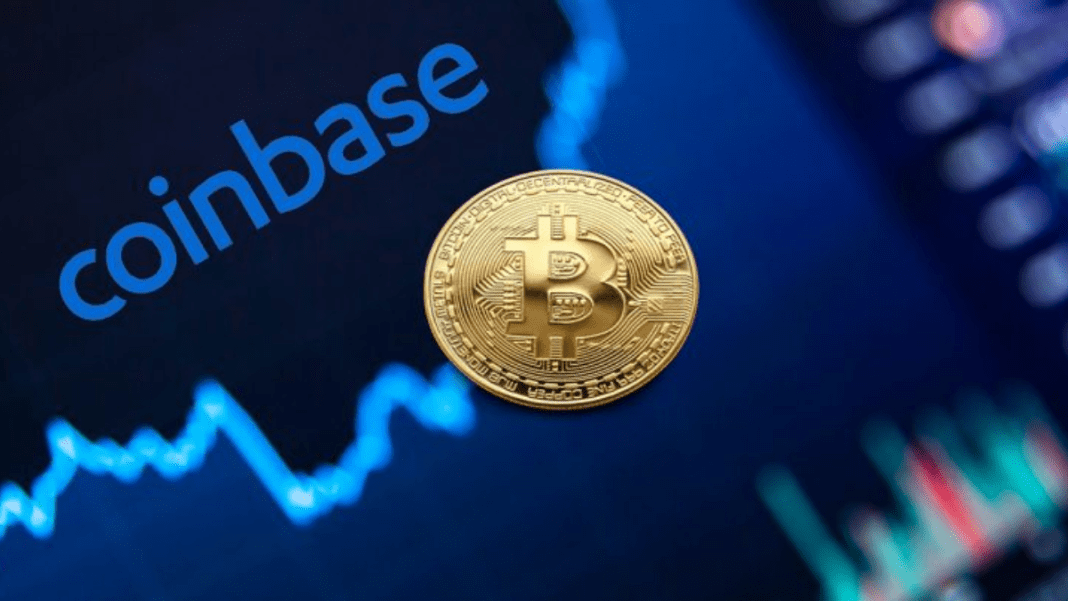The U.S. Supreme Court has made a major decision that affects the privacy of people using cryptocurrency platforms like Coinbase. On June 30, the Court chose not to hear a case brought by a Coinbase user who claimed the IRS had gone too far by collecting data without asking for permission or getting a warrant. This means the decision made by lower courts in favor of the IRS will stand.
This all started back in 2016 when the Internal Revenue Service (IRS), the U.S. government’s tax agency, sent a request to Coinbase. The IRS asked for information about more than 14,000 users who might have underreported how much money they made from trading or owning cryptocurrency. The agency didn’t ask each user one by one. Instead, it made a broad request for a large group of users.
One user didn’t agree with this and took the matter to court. He argued that the government had invaded people’s privacy by collecting personal financial information without first getting a warrant. He believed this action went against the Fourth Amendment of the U.S. Constitution, which is supposed to protect citizens from unreasonable searches and seizures.
However, the courts didn’t agree with him. First, the district court said the IRS didn’t do anything wrong. Then, the appeals court said the same thing. Finally, the Supreme Court decided not to hear the case at all, which means the previous rulings stay in place.
Third-Party Loophole Gives IRS Green Light
The key reason the courts sided with the IRS is something called the “third-party doctrine.” This legal idea says that if a person willingly shares their information with a third party—like a bank or, in this case, a crypto exchange—they can’t expect full privacy. That means the government can ask those third parties for user data without needing to get a warrant.
Because Coinbase is a private company and not part of the government, users who give their information to Coinbase are considered to have shared it voluntarily. Even though users might feel their financial data is personal, the law says that once you share that data with a company like Coinbase, you lose some privacy rights.
✈️ Skyjacked: Qantas Confirms Cyberattack Exposing Data of 6 Million Flyers
This doctrine has been used in the past in cases involving phone companies and banks. The courts applied the same rule to Coinbase, treating it like a financial service provider. That allowed the IRS to request bulk data from Coinbase, hoping to catch people who might not be reporting their crypto earnings correctly.
Even though the user tried to stop the IRS by filing lawsuits, all the courts rejected his claim. They said he didn’t have a strong legal reason to stop the IRS from getting the data. By refusing to hear the appeal, the Supreme Court ended the legal fight and let the IRS continue its investigation.
Crypto Users in the Crosshairs
This case is important because it shows how the IRS and other government agencies can now get data from companies like Coinbase without first proving that a specific person did something wrong. The IRS doesn’t have to ask a judge for permission each time it wants to look into someone’s crypto activity. Instead, it can ask the company for a large list of users and then investigate whoever it wants from that list.
“Gemini AI Is Watching—Even When You Say No”: Google Update Sparks Privacy Panic
More than 14,000 Coinbase users could be affected by this. Their names, account information, and possibly their transaction history may already be in the hands of the IRS. While some of these users may have reported everything correctly on their taxes, others may not have. The IRS is now free to dig into this data to check for any mistakes or fraud.
Experts also say this ruling may not only apply to crypto users. It might give the government more room to collect data from other tech or financial platforms without asking individuals for permission. As long as a person has shared their data with a company, that data could now be easier for the government to access.





